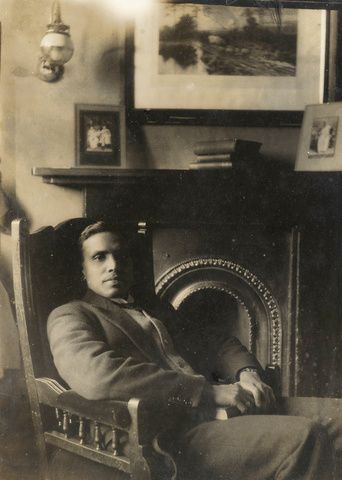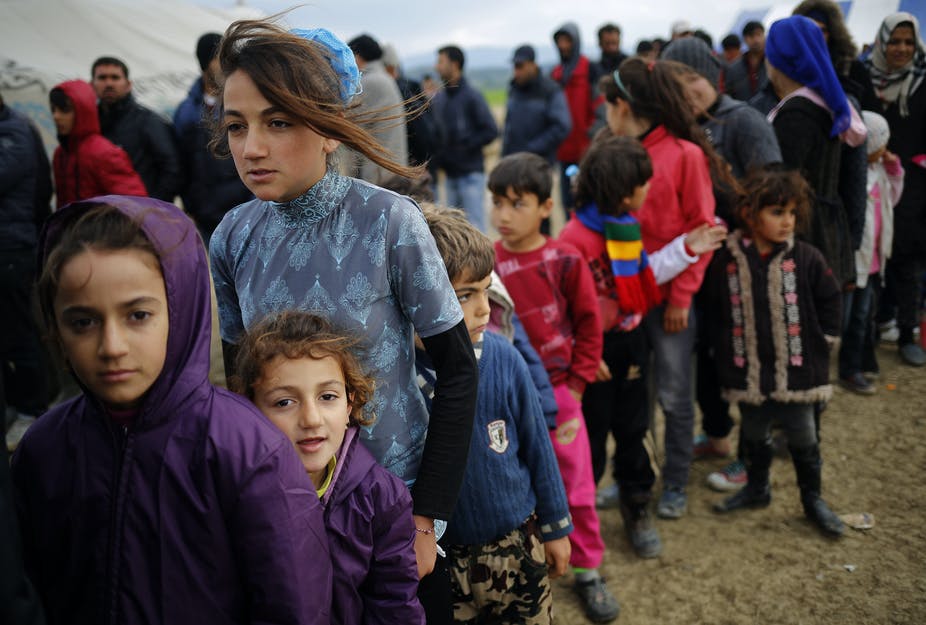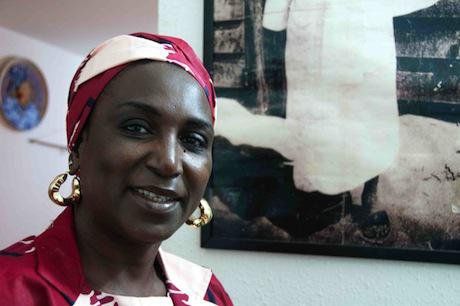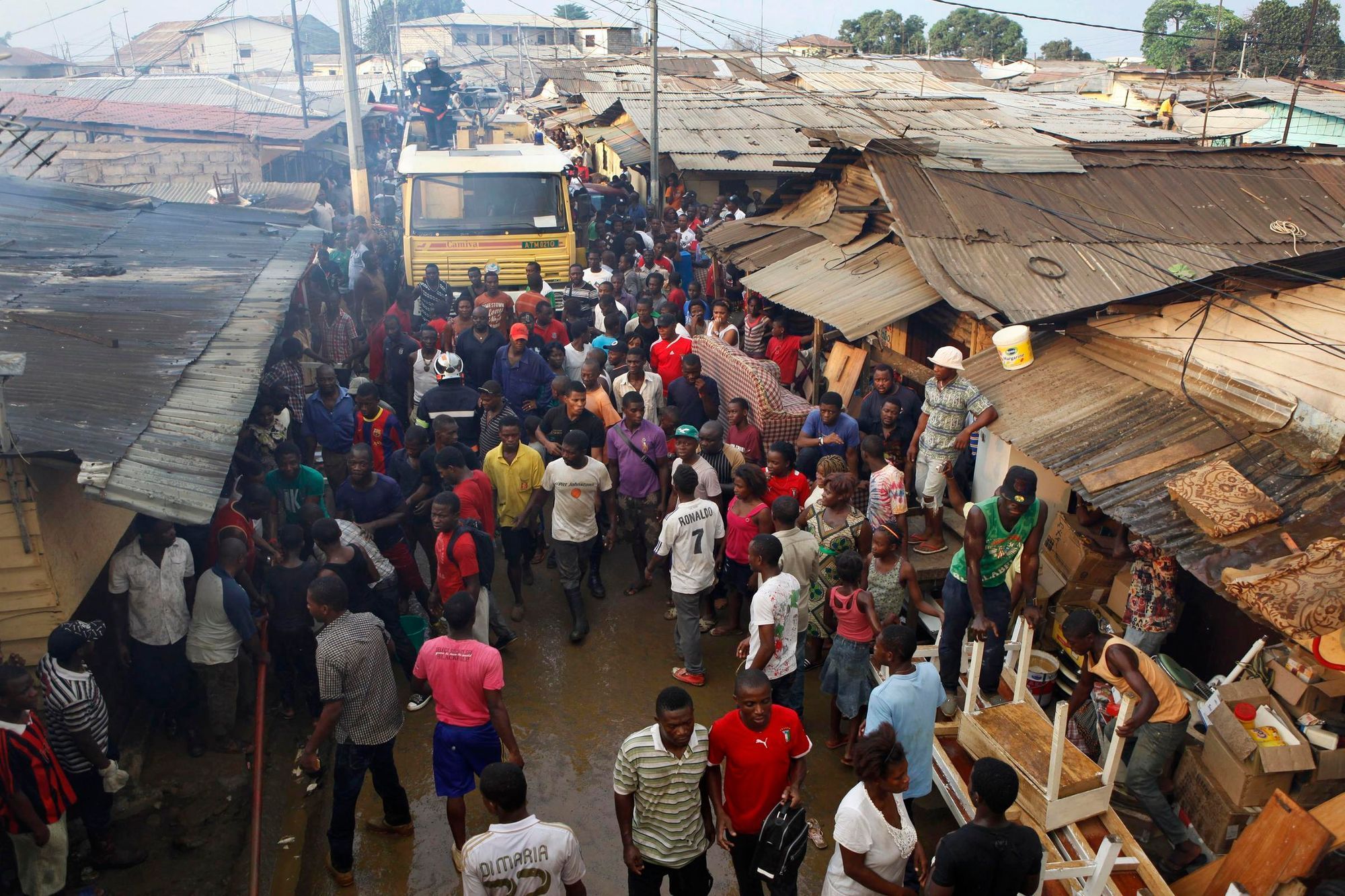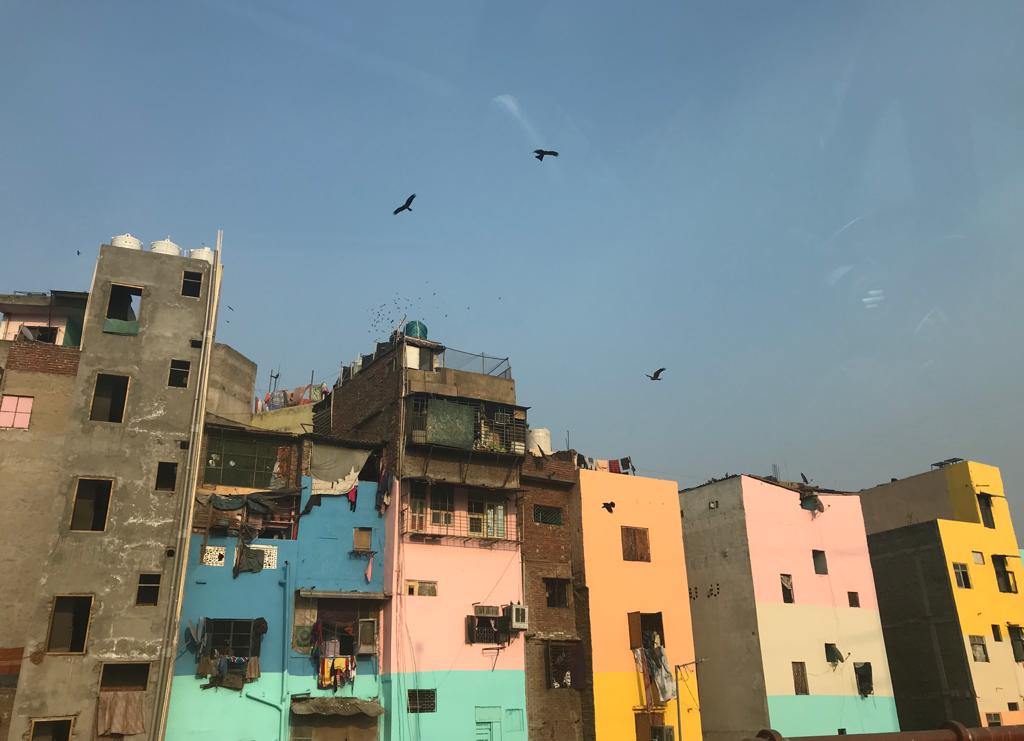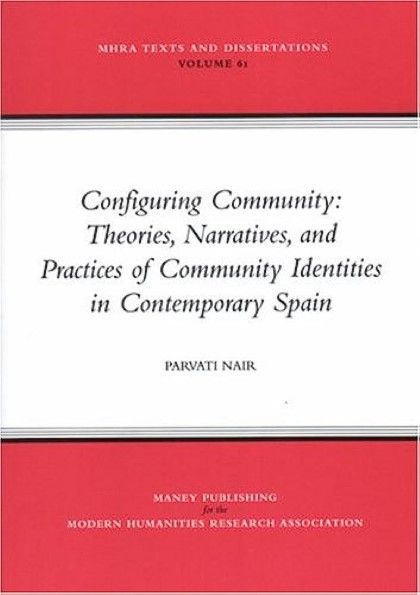
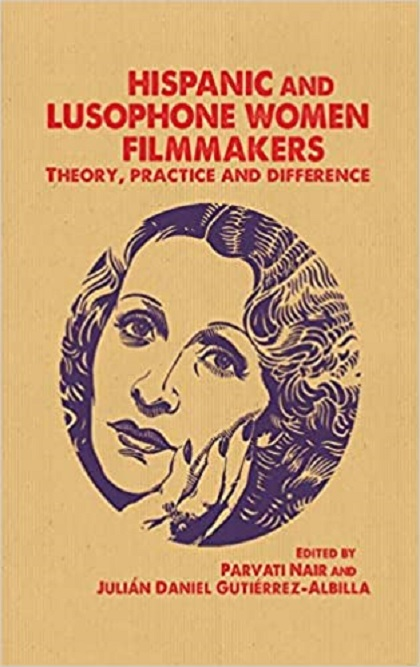
"All in all, these essays walk a virtuoso tightrope, exploring alterity and agency high up in the air, by helping us to see all sorts of directorial 'slippages', and are thus unique and valued additions to our reading on film.", Diane E. Marting, University of Mississippi, BSS, XCll (2015), 1 March 2015
Gender and Spanish Cinema, co-edited with Steven Marsh, 2004, Oxford, Berg Publishers
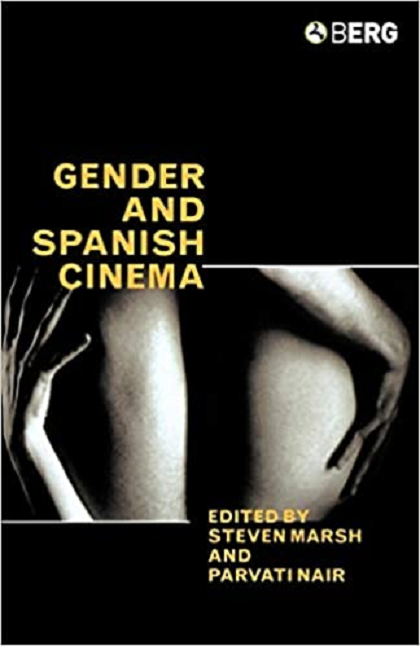
"A most welcome contribution to contemporary film studies ... both tremendously well-written and concise, its sheer readability also stands as one of its strongest achievements." – SCOPE
‘Cultural and Religious Plurality in Europe: the challenges of Pluralism’, in IEMED Yearbook 2014. Barcelona: Iemed Publications, p.328-330
‘Reconfiguring the Rural: Fettered Geographies, Unsettled Histories and the Abyss of Alienation in Recent Socially Engaged Cinema from Spain,’ in Julian Gutierrez-Albilla and Parvati Nair (eds)., Hispanic and Lusophone Women Filmmakers: Critical Discourses and Cinematic Practices, Manchester: Manchester University Press, 2013
Beirut: City of Lines, Wasafari, February 2013, Vol 28., p.10
‘Travelling Song: Music, Iteration and Translation in La leyenda del tiempo’ (The Legend of Time, Isaki Lacuesta, 2006), in Rob Stone and Lisa Shaw (eds.), Screening Songs 2012, Manchester: Manchester University Press
‘Autography from the Margins,’ Hispanic Research Journal, Vol. 9, No. 2, 2008, 181-190
‘Islamigration or the Other Within: Testing the Limits of European Democracy and Tolerance’, in Revista de Derecho Migratorio y Extranjería, Volume 21, July 2009, 11-20
‘Voicing Risk: Displacement and Relocation in Spanish-Moroccan Raï ’ in Between the Local and the Global: Popular Music and National Identity edited by Ian Biddle and Vanessa Knights, London: Ashgate, 2007, 65-80
‘Border-Line Men: Gender, Place and Power in Representations of Moroccans in Recent Spanish Cinema’ in Gender and Spanish Cinema edited by Parvati Nair and Steven Marsh, Oxford, Berg Publishers, 2004, 103-118
‘Moor-Veiled Matters: the hijab as troubling interrogative of the relation between the West and Islam’ , new formations, no. 51, winter 2003-2004, 39-49
‘Memory in Motion: Ethnicity, Hybridity and Globalization in Self-Photographs of Moroccan Immigrants in Spain’ , Journal of Romance Studies, Vol.3.1, 2003, 73-86
‘Elusive song: flamenco as field and negotiation among the gitanos in Córdoba prison’ , in Constructing Identity in Twentieth Century Spain: Theoretical debates and Narrative Practices, ed. Jo Labanyi, Oxford University Press, 2002
‘Vocal In-roads: Flamenco, Orality and Postmodernity in Las 3000 Viviendas: Viejo Patio (EMI, 1999)’ in Music, Culture, Identity, edited by Richard Young Amsterdam: Rodopi Press, 2002
‘In Modernity's Wake: transculturality, deterritorialization and the question of community in Las flores de otro mundo’ , in Postscript, April 2002, 38-49
‘Straddling the personal and the public: elastic boundaries or a case-study of two gitana daughters of renowned flamencos’ in Journal of the Institute of Romance Studies, Spring 2001, 49-63
‘Displacing the Hero: Masculine Ambivalence In the Cinema of Luis Garcia Berlanga’ in 100 Years of European Cinema: Entertainment or Ideology?., ed N.Holmes, Manchester, Manchester University Press, Dec. 2000
‘Between Being and Becoming: an ethnographic examination of border crossings in Alma gitana (Chus Gutiérrez, 1995)’ , Tesserae, Journal of Iberian and Latin American Studies, 5:2, December 1999, 173-188
